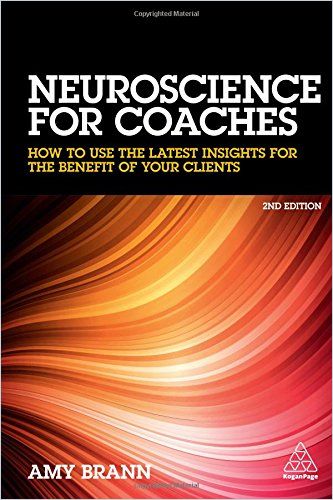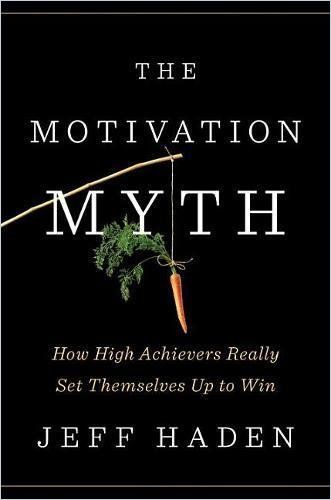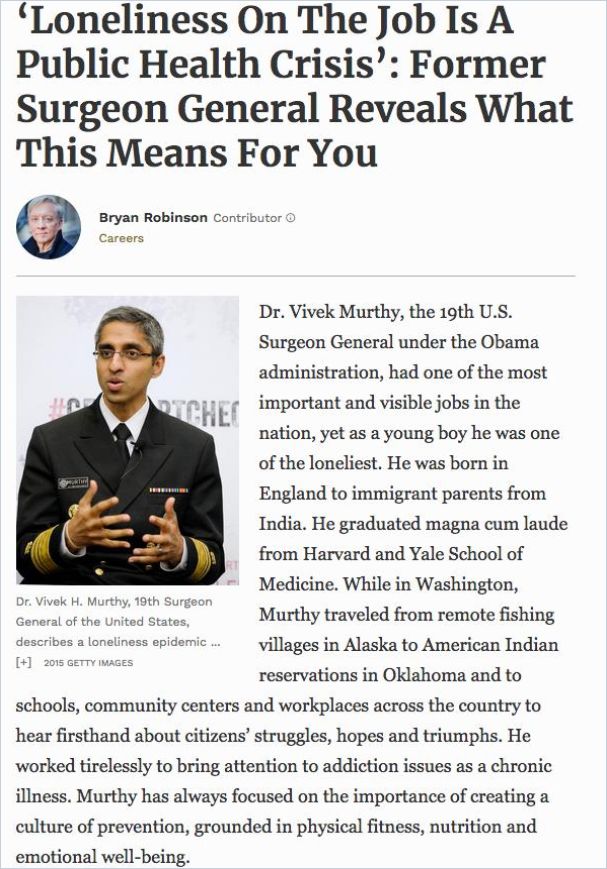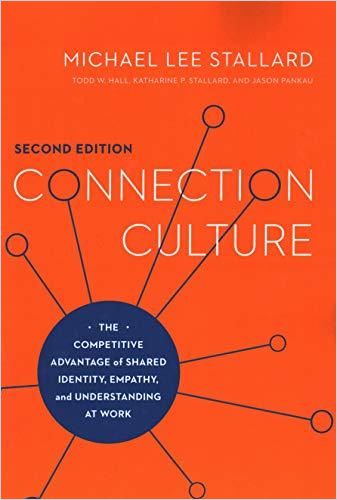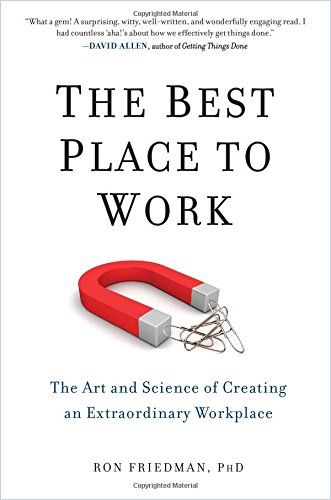Job Crafting: Take Charge

Many employees don’t work for an organization aspiring to make it onto the “best places to work” shortlist. Poll after poll suggests that a large chunk of the modern workforce feels disengaged at work.
Of course, the evidence is overwhelming that taking good care of their employees and fostering engagement is good for business. Yet too many employees are left feeling like a cog in the wheel, plugging along in pursuit of the next paycheck or promotion.
The getAbstract Journal has reported extensively on how senior leadership and middle management can boost employee motivation and engagement. Check out our longreads on smart reward structures, motivating employees and designing happy workplaces.
Quitting and finding a better place to work is not always an option – especially in times of high unemployment. The pandemic has left many employees feeling “stuck” in their position. Working remotely, seeking career progression has become more difficult. And the growing sense of isolation that comes with working from home has seen many people struggle with staying motivated.
While you may not be able to change the fixed parameters of your current job, you can change the way you approach and relate to your daily tasks. This is where job crafting comes in.
In job crafting, employees take charge of their nine-to-five (or whatever your work hours are these days). While still performing the duties laid out in their job description, employees shape their tasks and reframe their job approach with the goal of enhancing their own well-being.
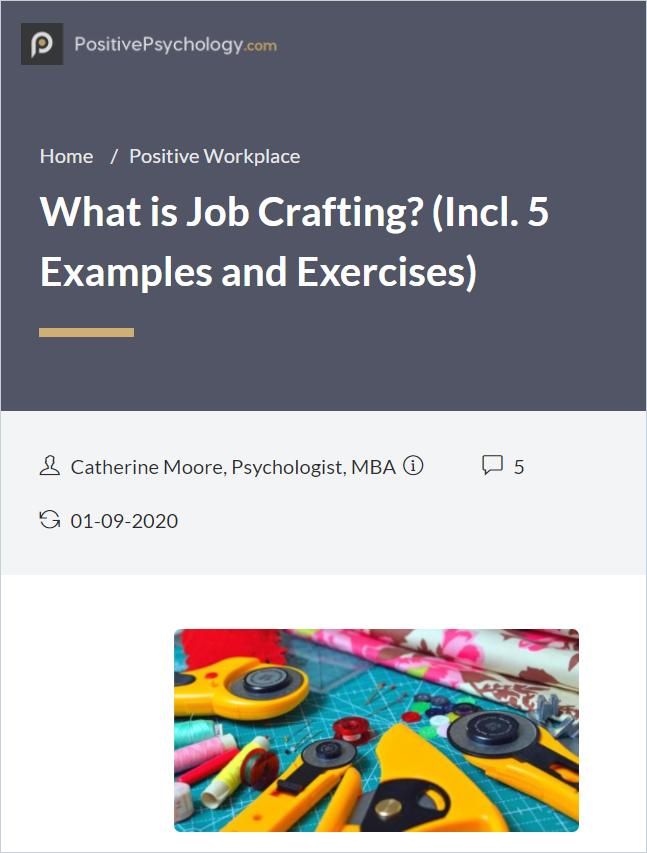
A Proactive Approach to Job Satisfaction
Increasing job satisfaction means different things for different people. Amy Wrzniewski and Jane Dutton, who coined the term “job crafting” in 2001, talk about three main areas employees can focus on to get more meaning and satisfaction out of their jobs:
“Task Crafting”
Most jobs have at least some flexibility as to how much time and effort you allocate to individual job tasks. In job crafting, you may want to explore ways to put more time and effort into the tasks you enjoy or that challenge you in a positive way. This may mean expanding the scope of certain tasks and narrowing the scope of others. Or you may decide to perform certain tasks in a different way to make them more challenging (if you enjoy the task) or time-efficient (if you don’t). For example, a secretary with a passion for graphic design may find a more efficient way to handle emails so he or she can spend more time crafting well-designed company flyers.
Task crafting options are endless – these resources may help:
Job descriptions are guidelines; they should not limit your role or performance. Expand your current role to encompass activities that you love to do:
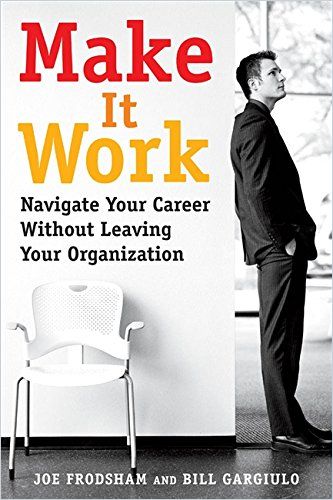
If you find your work terminally boring, enrich your work by doing more of the tasks you like. Find a skill you’d like to master, and challenge yourself to learn it. Boredom often stems from not being challenged, so challenge yourself to enrich your job:
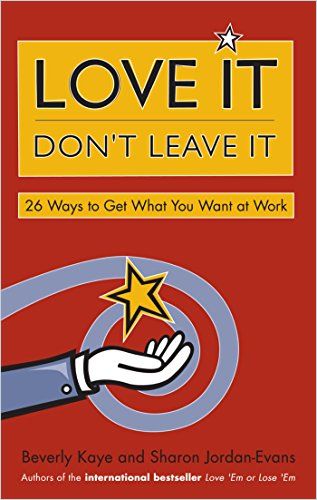
A job requiring only a few skills is bound to become a chore. To find flow at work, engage a variety of skills. For tasks that feel like dull routine work, find ways to make them more challenging – even if this means to simply set a timer and try to complete a given task before the alarm goes off:
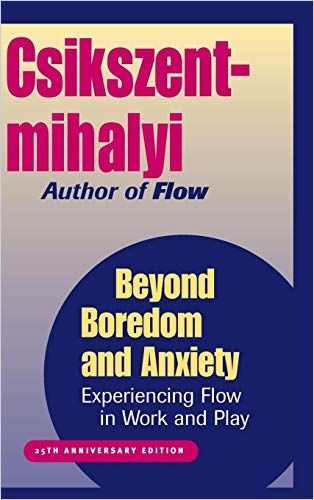
Make dopamine work for you: The neurochemical is best known for making us feel good when we’ve accomplished a goal. But research shows that most of our dopamine is released while we are pursuing our goals. You can use the dopamine system to keep you motivated on the job by breaking your tasks into tiny chunks. Create mini-goals – which can be entirely arbitrary and meant for your eyes only – and take quiet pleasure every time your reach a small milestone:
Certain work tasks can feel more satisfying if you can pursue them without interruptions. Carving out periods of “deep work” doesn’t just help you reach better results. Engaging in deep work is also intrinsically satisfying. The challenges of deep work and its structured nature generate the psychological state known as “flow,” making deep work its own reward:
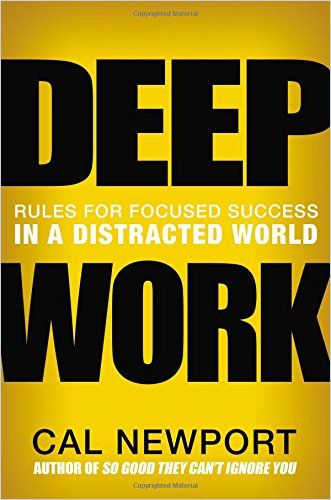
“Relational Crafting”
Relational crafting means expanding or deepening your relationships with work colleagues or clients in a way that’s meaningful to you. An accountant may make it his or her task to learn something new about a co-worker every day, or decides to reach out to accountants in other departments to find new ways of working together.
The people you work with can be a powerful resource for enhancing your well-being at work. These readings may help:
Research suggests that about 40% of workers in the United States feel isolated. These employees take more sick days; are 18 times less likely to be promoted; and are generally less engaged, productive and creative. Taking steps to forge deeper connections with your co-workers will boost your well-being at work – and beyond:
When you are nice to others, your life quickly improves. You become happier and you make those around you feel better:
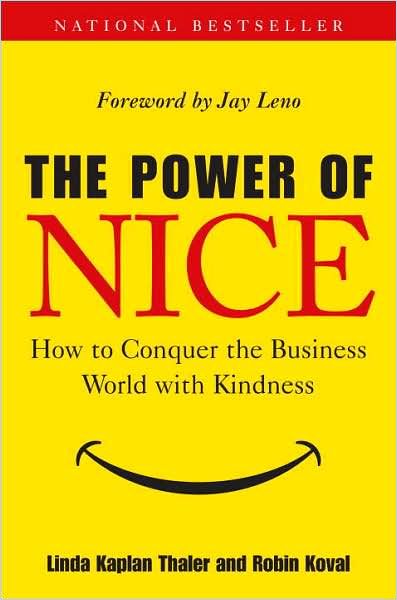
Increase your empathy skills by becoming a good listener and sharing your vulnerability with others. Try to understand other people on their own terms instead of using people for your own benefit:

“Cognitive/Perception Crafting”
Cognitive crafting means reframing the way you interpret your job and relate to your work tasks. Perception crafting is all about mind-set. Start by asking: What are my personal values and goals? How can my job enhance and promote them? A customer support representative may derive intrinsic satisfaction from the fact that he is helping people get the best out of their new purchase. Or an office manager takes pride in the fact that her salary enables her daughter to go to college – a first in her family.
Knowing the “why” of your job makes your career more fulfilling. You may find the following resources helpful:
Any personally meaningful goal which you pursue with intention fuels purpose. Finding your purpose in your work makes it more satisfying. No job is necessarily great or terrible; your attitude toward it determines its worth:
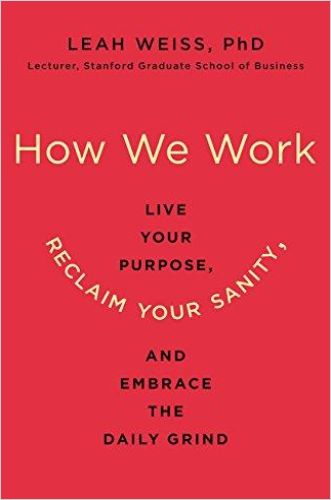
Often, a sense of meaningfulness accompanies transcendence of the self – arising when people see how their work matters to others, society or the environment:
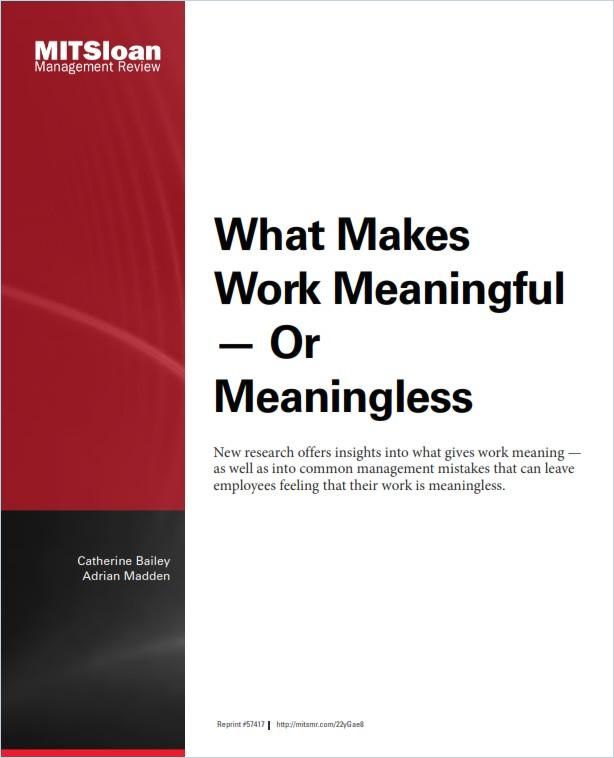
What Makes Work Meaningful – or Meaningless
MIT Sloan Management ReviewManagement expert Peter Drucker explained: “To make a living is no longer enough. Work also has to make a life.” What is your motivating purpose? Start by asking questions of “what, who and how:”
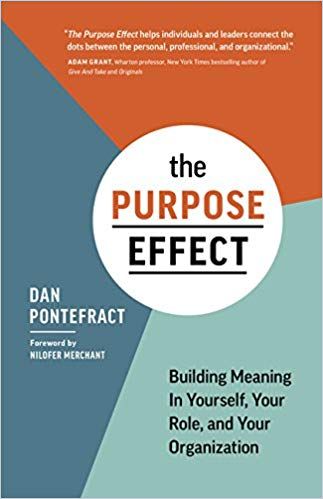
There is more to life than how much you can sell and how much money you can make. If everything in your work is transactional, you risk letting your life as a whole become little more than a series of transactions. A noble purpose can fuel and uplift your work and your life:
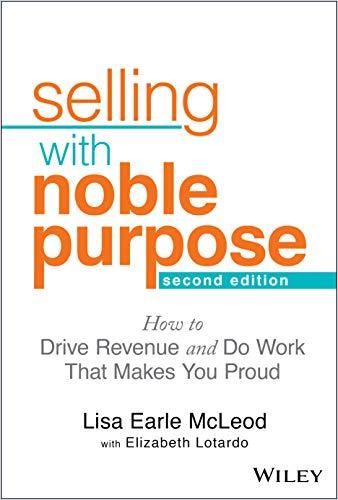
It’s easy to lose sight of your contributions when you focus on the day-to-day minutiae of the work process. Take stock of your accomplishments on a regular basis and try to see the big picture of your daily efforts:

Though written for leaders, anyone can apply Simon Sinek’s “Golden Circle” process to identify your purpose, cause and vision. Start by identifying your core purpose – the reason that gets you out of bed in the morning:
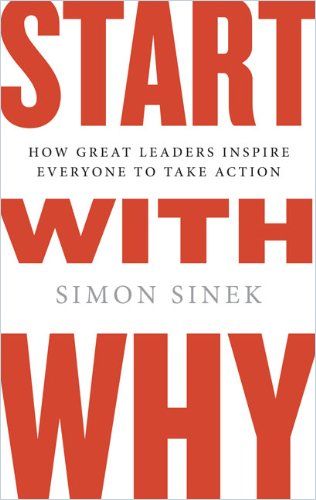
When you discover your purpose and take active steps to pursue it, you will become filled with energy, determination and courage. You will jump out of bed each morning, ready to take charge of the day. Your life will have renewed meaning:
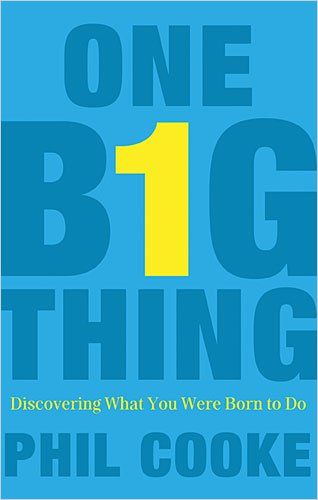
From reshaping your work tasks and deepening your work relationships to finding meaning in what you do, you can do lots of things to make your current job more interesting and meaningful. What’s more, you will not only have boosted your general sense of well-being but developed skills that will be of great value down the line. In Part II, we will explore the relevance of job crafting for the work environment of tomorrow.
This article is part one of a focus on job crafting. Click here for part two.
